Sales, at its best, is simply about finding common ground and building something badass on it.
Of course, the stereotype of pushy pitches and snake-like charm is hard to shake. But that’s true of almost anything – music, art, food, even writing. There’s always a better version waiting.
To the better end of the sales spectrum, then, where we meet Matchstick. Our latest interviewee is disrupting lead generation through cold outreach, making it more ethical, meaningful and far less infuriating. In the process, clients find connections that great work can grow from – connections that would have otherwise remained aloof.
And now, let’s speak to Co-founders Ayna and Seymour, who know B2B lead gen inside out and can explain it all in detail.
Let’s kick things off with an introduction. Tell us a little about Matchstick’s mission.
Matchstick connects purpose-driven organisations with their ideal clients, turning cold outreach into warm introductions. We take care of the hardest part of closing a deal – finding it. At the heart of it, it’s about opening doors, building meaningful connections, and helping businesses thrive while making a difference. We believe sales is an act of service, which means approaching it not as a transaction, but as a way to genuinely help and serve our clients.
Taking a bit of direction from your brand name, what was the spark that got Matchstick going?
It was a trip to Kenya in 2019. Seeing the huge amount of waste from banana plants, we got the idea to make something out of it, like make it into fabric, and work with local artists to make hoodies out of it. We were experiencing dread and overwhelm with the state of the planet, and this was a way to try to make a difference. Turns out it’s the wrong type of banana, and it’s already been done by a wonderful company called Bananatex! But this was where the drive came to use business as a force for good. Then it was about finding the balance between what we love and are good at, which is spotting opportunities and connecting people, and doing that for the right purpose. We want to see more good businesses win, and chose to focus on purpose-driven organisations.
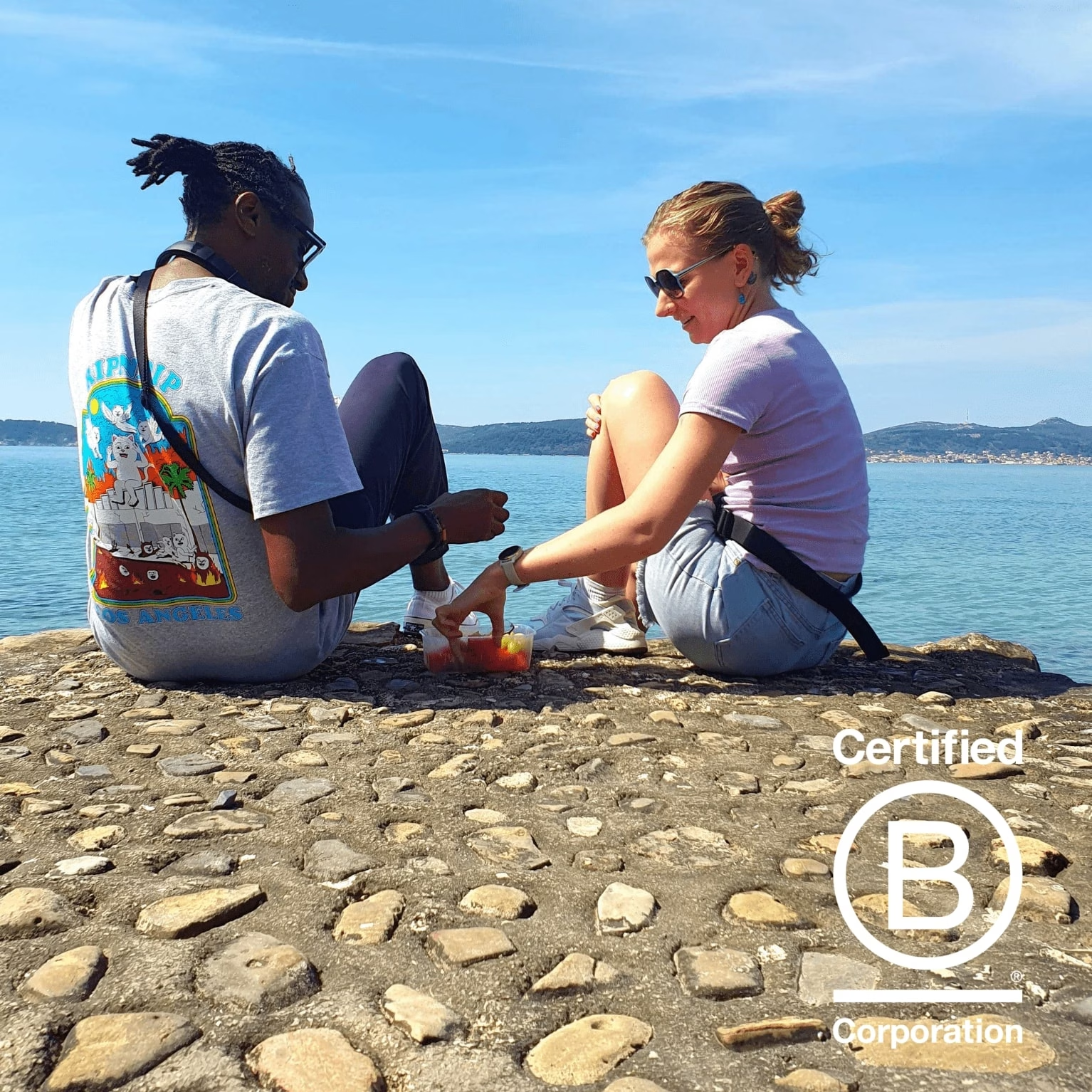
Why do so many brands try and fail at outreach – and often give it a bit of a questionable reputation?
In our experience, the organisations that give sales outreach a questionable reputation are going for high volume, low quality, pure numbers, meat grinder kind of approach. We don’t see that so much with the smaller orgs and people that we want to help and support. I think rather than trying and failing, not so many try it at all. There’s a perception that sales is icky, dirty, a little bit sleazy. That if the quality of your work is good enough, it’s going to be a beacon and just attract people. The ones that do try and fail, it’s not really appreciating how big of a task it is. Outreach is very technical, there are lots of moving parts, it’s hard work that you need to do every single day consistently, and it can take some time until you start seeing results.
At Akepa, we get a lot of outreach emails now and the total seems to be increasing. How difficult is it to stand out in such a messy market?
It’s easier than you’d imagine, because there’s just so much slop out there, the bar is very low. Again, there’s so many different parts to the process but it starts with thoroughly defining who you want to target and understanding what they really care about. Using segmentation, signals, triggers, and then having a kickass offer that is too good to refuse.
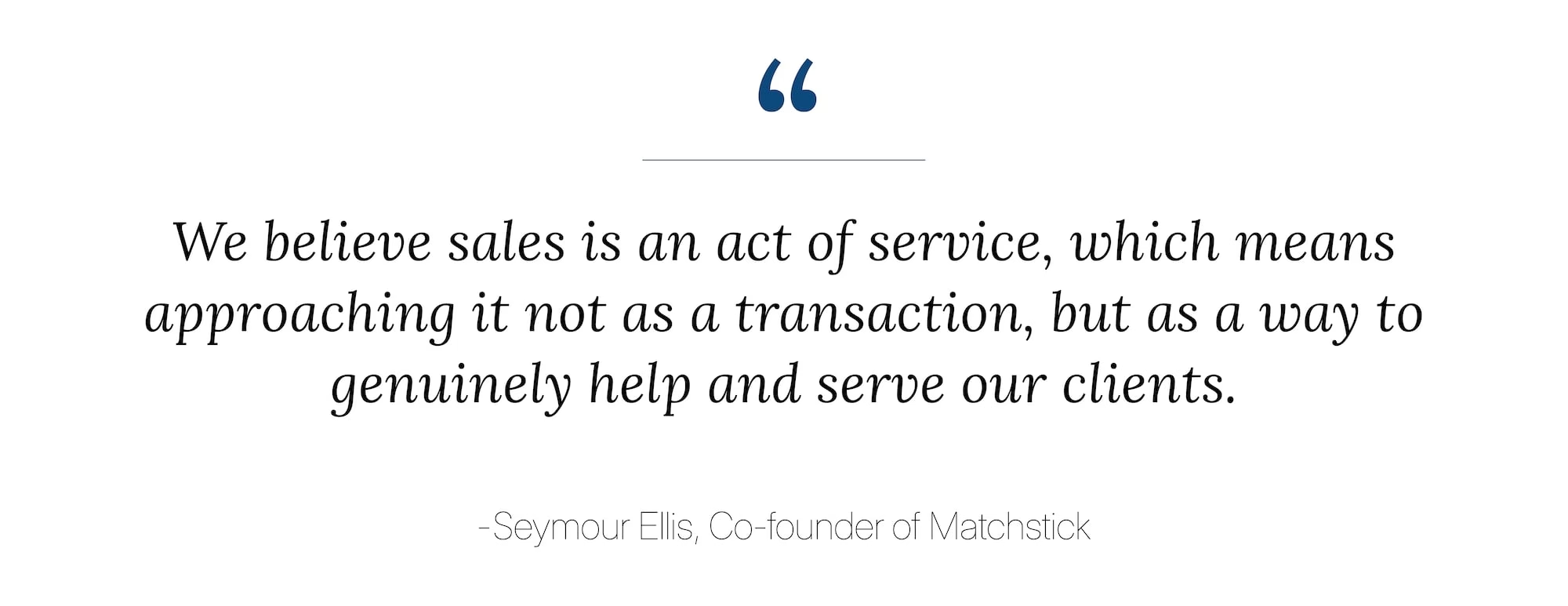
Could you run us through the steps you go through to make sure that your lead gen campaigns improve on the classic process?
It starts from knowing your market and ICP, because it’s all about being relevant, solving a real problem and understanding their pain points. We go for quality over quantity, and strongly believe that you don’t need to send hundreds or thousands of emails. We usually just contact 50 to 100 people per month for a client, and we get good results from that, booking high intent meetings. It’s also about doing it across different channels because some people might be more receptive to social media messaging, some people will pick up the phone. We also do direct mail campaigns. You have to stay adaptive and creative.
Lead gen for ethical brands seems like a service that requires a lot of specialization to get right (we’ve looked for this help ourselves) and, yet, there don’t appear to be that many agencies or companies to help. Is it fair to say that this is a bit of a niche at the moment?
There are a lot of lead generation agencies out there, so it’s a super crowded market. But for ethical there’s very few that we know of, I guess you could say it’s a niche. It’s not something that stands out immediately but once you start thinking about lead generation you realise there are a lot of different ways of doing it, and it’s important to protect your brand reputation and not just try to get meetings at all costs. We choose the quality-over-volume approach, and the brands we want to work with care about ethics, so it makes sense to lean into that.
What kind of clients are you helping right now – and how do you decide who (and who not) to work with?
We won’t work with anyone that’s actively causing harm to people or the planet, nothing extractive, weapons, gambling, stuff like that. All of our clients so far have been purpose-driven to some extent: cleantech, sustainability consultants, women and minority-led. We’re just wrapping up work with our first client in Africa, a women-led comms agency Contented, we got a fantastic case study with them on the site. We just signed our first B Corp client, CoLab, who are a worker-owned agency crafting complex websites and custom apps for socially responsible organisations. That’s a big milestone for us after recently getting certified ourselves. We also work with charities to help them find corporate partners through the same process that we use with for-profit clients, and currently working with Leeds Autism Services, a charity from Seymour’s hometown.
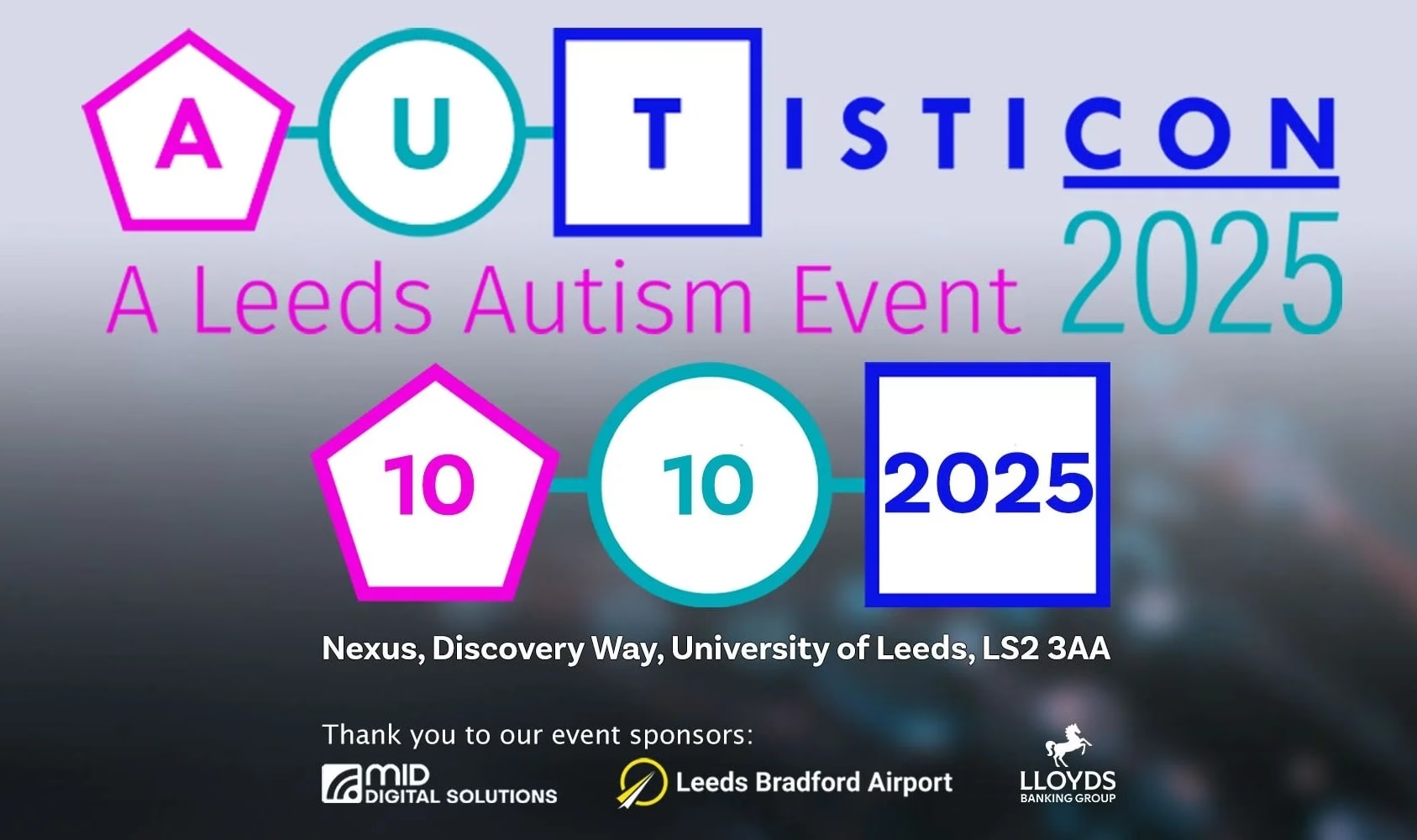
AI is turning a lot of sectors inside out, including our own. Are you integrating AI into your processes to find efficiencies alongside the human touch?
Rather than using AI for writing emails, which everyone can spot instantly and is a massive turn-off, we use it for research and strategy. AI is very good at giving you a fresh perspective on how you can solve a problem creatively. For example, we use AI to help us uncover triggers for our clients, to identify who in the market could potentially be ready to have a conversation with our clients. We use it for crawling websites and sourcing data. Also, we partnered with a direct mail service provider which uses AI to send beautiful, personalised, handwritten cards at scale.
We’ve read that you’re starting a new service related to B2B lead generation at events. Exciting! When’s that happening and what plans do you have to incorporate sustainability into them?
We are teaming up with another B Corp, Legacy, who specialise in sustainable events. We are seeing that all the digital noise is becoming too much, and more and more people crave the real, face-to-face human connection. Everyone wants to get their ideal clients in the room with them. So we’re putting together a done-for-you lead gen event service, for businesses to host their own in-person events, in whatever format: a business breakfast, round-table, lunch and learn. On the Matchstick side we’ll take care of the lead generation: using relevant and personalised outreach to ensure the ideal clients attend. Legacy will cover the actual event part: sourcing the venue, logistics, catering, all of that good stuff. We’ll be talking more about this on our socials soon, stay tuned!
We shall and that’s a nice surprise as we interviewed Legacy last month! Next question: buyers are looking to certifications and labels to help them make sustainable choices. On that, we noticed that you’ve become B Corp certified not long ago. Congratulations! What tips would you give to other small businesses about to embark on that journey?
We actually wrote an article on this, the story of our journey and what tips we’d give to others in our position. It’s easy to get overwhelmed because it does seem like a huge task, and it is a significant investment of time and finances, but you just split it into smaller steps, block time in your calendar to work on it regularly, and just go with it. It’s actually a very interesting process, it makes you reflect and get clear on a lot of things. And don’t be afraid to ask for help, even a few hours with a B Corp consultant can make a huge difference.
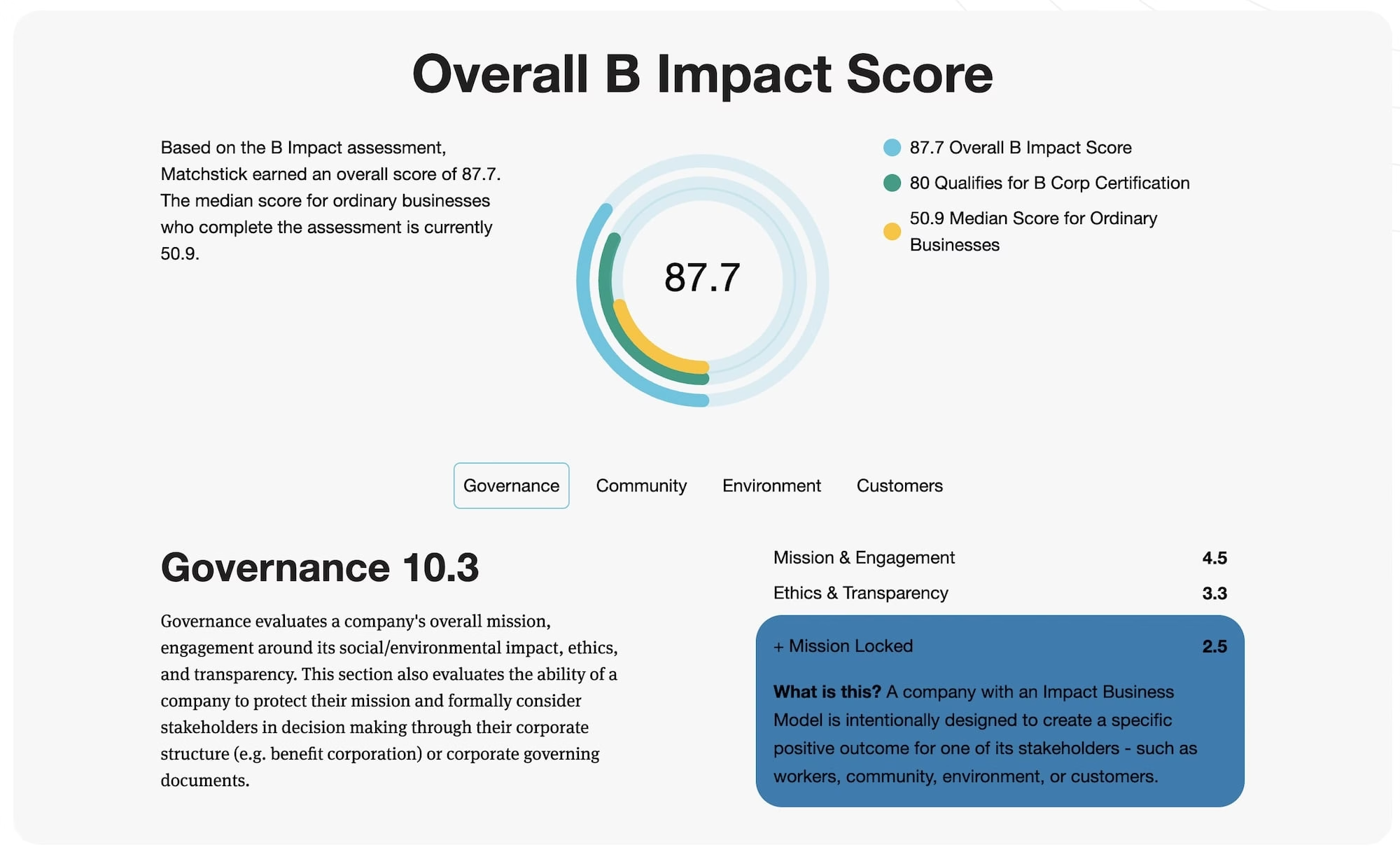
Sustainability can be a tricky concept to pin down but we always ask our interviewees to make an attempt. How would you define ‘sustainability’?
We see sustainability as being aware of the fact that we’re all interconnected, and that our actions have an impact on others. It’s about thinking long-term, not sacrificing long-term value for quick, short-term gains. You can see it in health, business, relationships, nature. It’s about making responsible choices and thinking beyond just yourself and the current moment.
Could you tell us about some of the most exciting ethical brands or businesses that you’re following at the moment – in lead gen, events or otherwise?
We’d like to give a shoutout to two charities who were runner ups at The Warm up this year. The Warm up is our annual pro bono initiative where we pick a charity and support them with finding corporate donors and partners. Cameras for Girls is a Canadian-Ugandan charity that equips young women from East Africa with the skills, tools, and confidence to secure paid work in media. And Community TechAid, a London-based charity that’s working on ending digital poverty through repair and reuse.
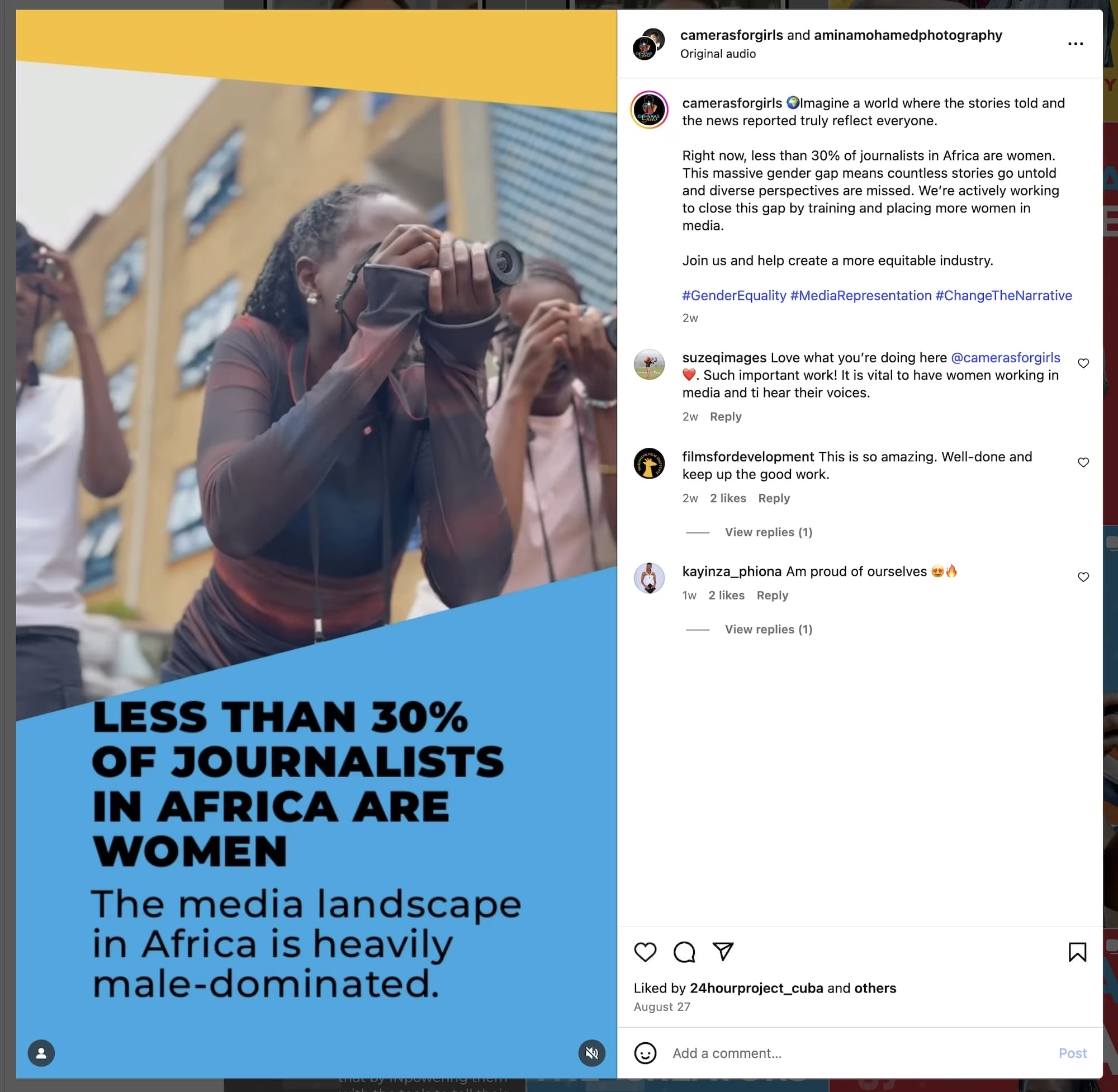
Final thing: Where would you like Matchstick to be a year from now?
Our long-term goal is to be the pre-eminent lead generation partner of choice for impact organisations. We’re getting closer to that on a weekly basis. A year from now, we’d love to be deeper into that journey and closer to realising that ambitious vision.
Does an ethical form of outreach sound like what your company may be missing? Or or are you just interested to learn more about where Anya and Seymour’s story’s going? Then find out more on Matchstick’s website.



Leave a Reply